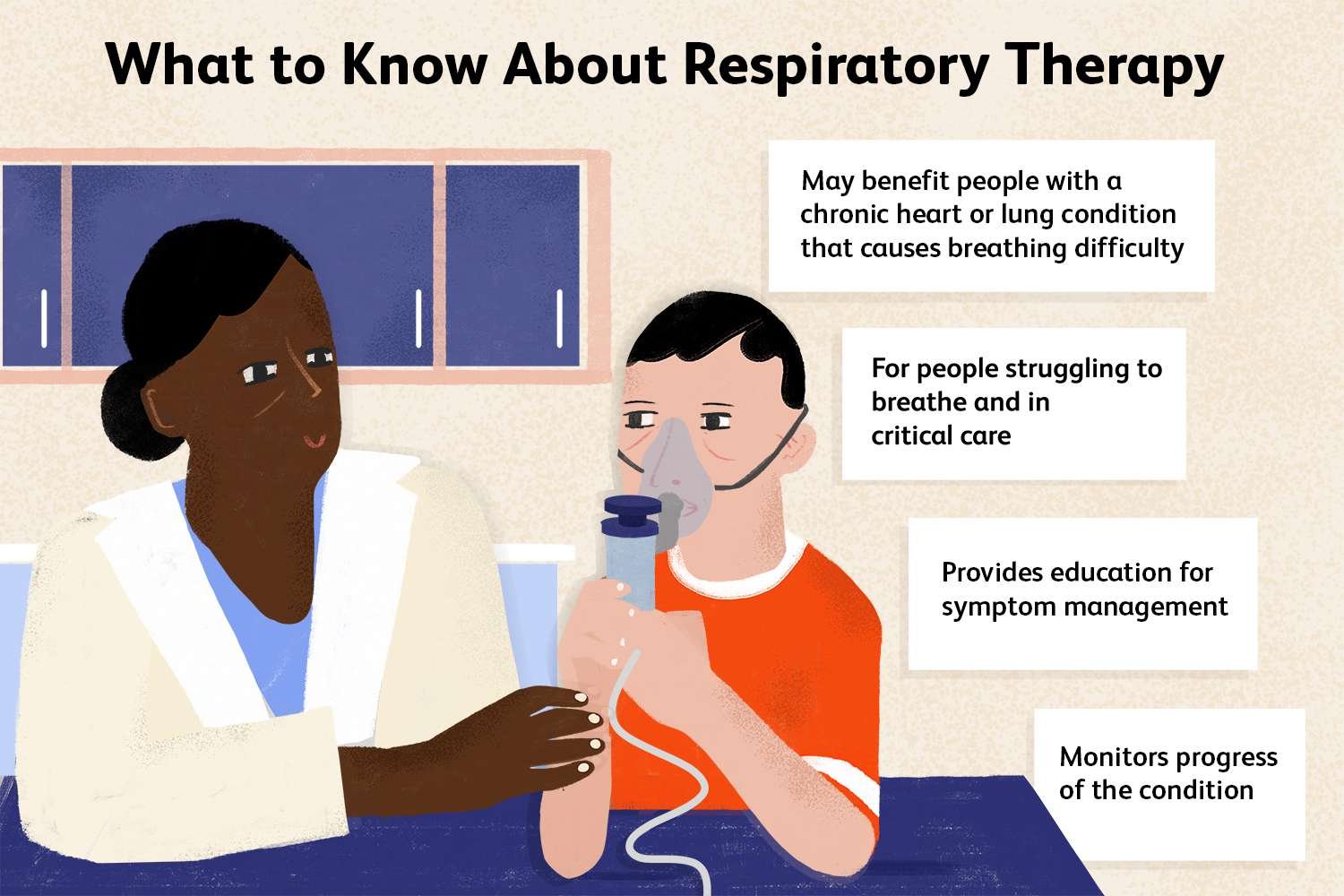
Having a clear understanding of how often to review your medication plan with your respiratory therapist is crucial for maintaining effective treatment and managing your respiratory condition. Regularly communicating with your therapist can ensure that any necessary adjustments to your medication plan are made promptly, keeping your symptoms under control and optimizing your overall health. By staying proactive and staying in touch with your respiratory therapist, you can prioritize your well-being and achieve the best possible outcomes for your respiratory condition.

Importance of Medication Plan Review
Ensuring medication effectiveness
Regularly reviewing your medication plan with your respiratory therapist is crucial in ensuring the effectiveness of your treatment. By discussing your medication regimen, any changes in your symptoms, and any concerns or questions you may have, you and your therapist can work together to fine-tune your treatment plan and make necessary adjustments.
Identifying potential side effects
Another vital reason for medication plan review is to identify and address potential side effects. Some medications may cause unwanted or unexpected side effects that can impact your overall well-being and quality of life. By regularly reviewing your medication plan, you can discuss any symptoms you may be experiencing and work with your respiratory therapist to find alternative options if necessary.
Optimizing treatment plan
Medication plan review also allows for the optimization of your overall treatment plan. By assessing the effectiveness of your current regimen, your respiratory therapist can determine if any changes or modifications need to be made. This can include adjusting dosages, adding or removing medications, or exploring alternative treatment options to better manage your respiratory condition.
Determining Initial Review Frequency
Considering individual needs
The frequency of your medication plan reviews will depend on your individual needs and the nature of your respiratory condition. Some individuals may require more frequent reviews due to the severity or complexity of their condition, while others may only need occasional check-ins.
Assessing medication changes
The frequency of your medication plan reviews will also depend on any recent or ongoing changes to your medication regimen. If you have recently started a new medication or have had adjustments made to your current medications, more frequent reviews may be necessary to closely monitor your response and ensure optimal results.
Setting a baseline review timeline
When determining the initial review frequency of your medication plan, your respiratory therapist will typically set a baseline timeline based on your specific condition and needs. This baseline timeline serves as a starting point, and adjustments can be made as needed depending on your progress and any changes in your respiratory health.
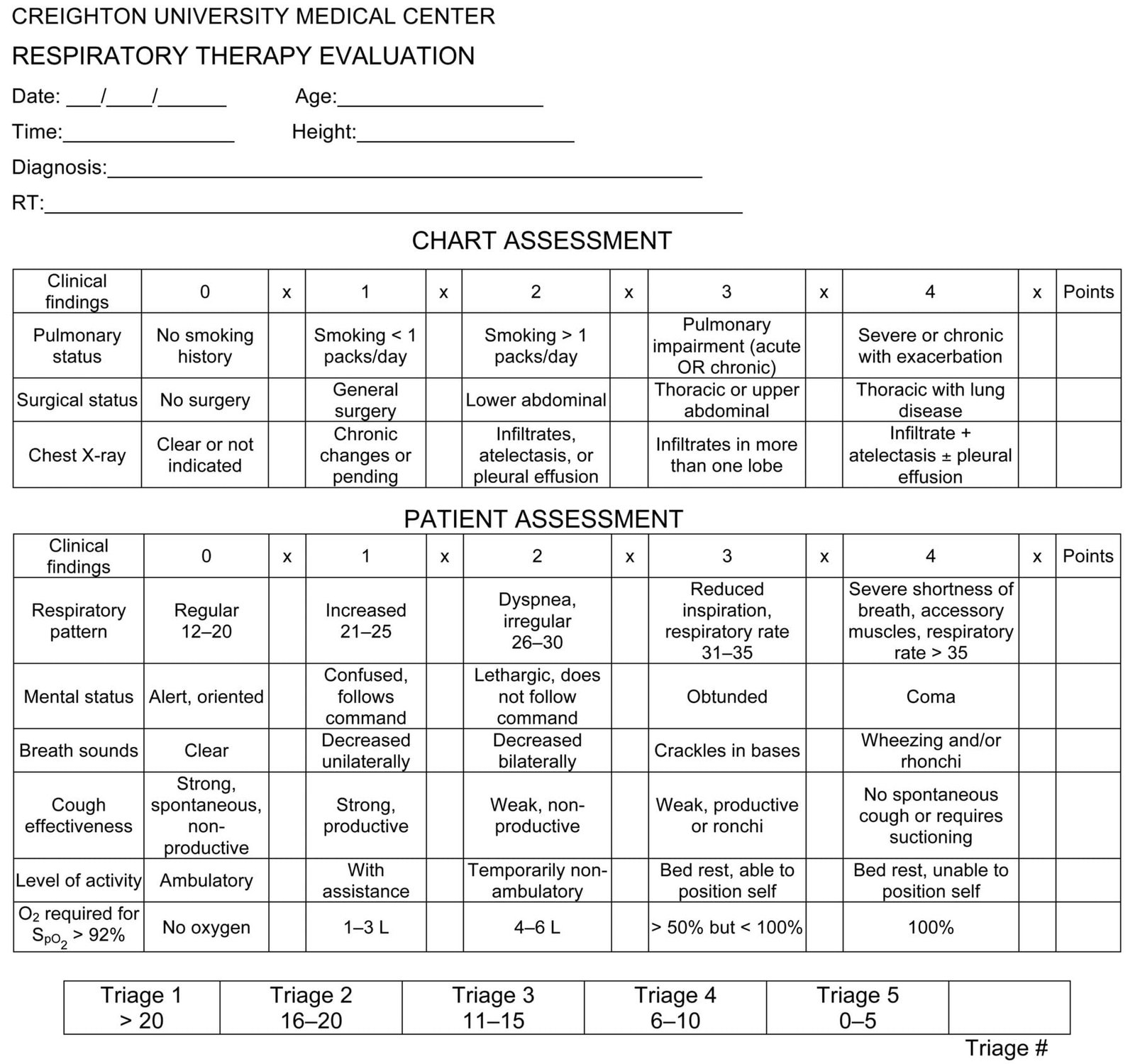
Factors Influencing Review Frequency
Severity of respiratory condition
The severity of your respiratory condition is a significant factor in determining the frequency of medication plan reviews. If you have a more severe or complex condition, you may require more frequent reviews to closely monitor your progress and make any necessary adjustments.
Stability of symptoms
The stability of your symptoms also plays a role in review frequency. If your symptoms are well-managed and stable, you may only need periodic reviews to ensure continued effectiveness of your treatment plan. However, if your symptoms are unstable or fluctuating, more frequent reviews may be necessary to address any changes or worsening of symptoms.
Frequency of medication adjustments
The frequency of medication adjustments can also influence the review frequency. If you frequently have changes made to your medications, whether it be adjusting dosages or trying new medications, more frequent reviews may be required to closely monitor your response and make any necessary tweaks to your treatment plan.
Reviewing at the Start of Treatment
Understanding medication instructions
Reviewing your medication plan with your respiratory therapist at the start of your treatment is crucial for understanding and following medication instructions. Your therapist will ensure that you have a clear understanding of how and when to take each medication, potential side effects to watch for, and any necessary precautions.
Discussing potential concerns or allergies
During the initial medication plan review, it is essential to discuss any potential concerns or allergies you may have. This open line of communication allows your respiratory therapist to address any uncertainties or reservations you may have, ensuring that your treatment plan is tailored to your specific needs and limitations.
Formulating a personalized medication plan
By reviewing your medication plan at the start of treatment, your respiratory therapist can formulate a personalized plan that takes into account your specific respiratory condition, lifestyle, and preferences. This ensures that you receive the most appropriate and effective treatment that aligns with your individual needs and goals.
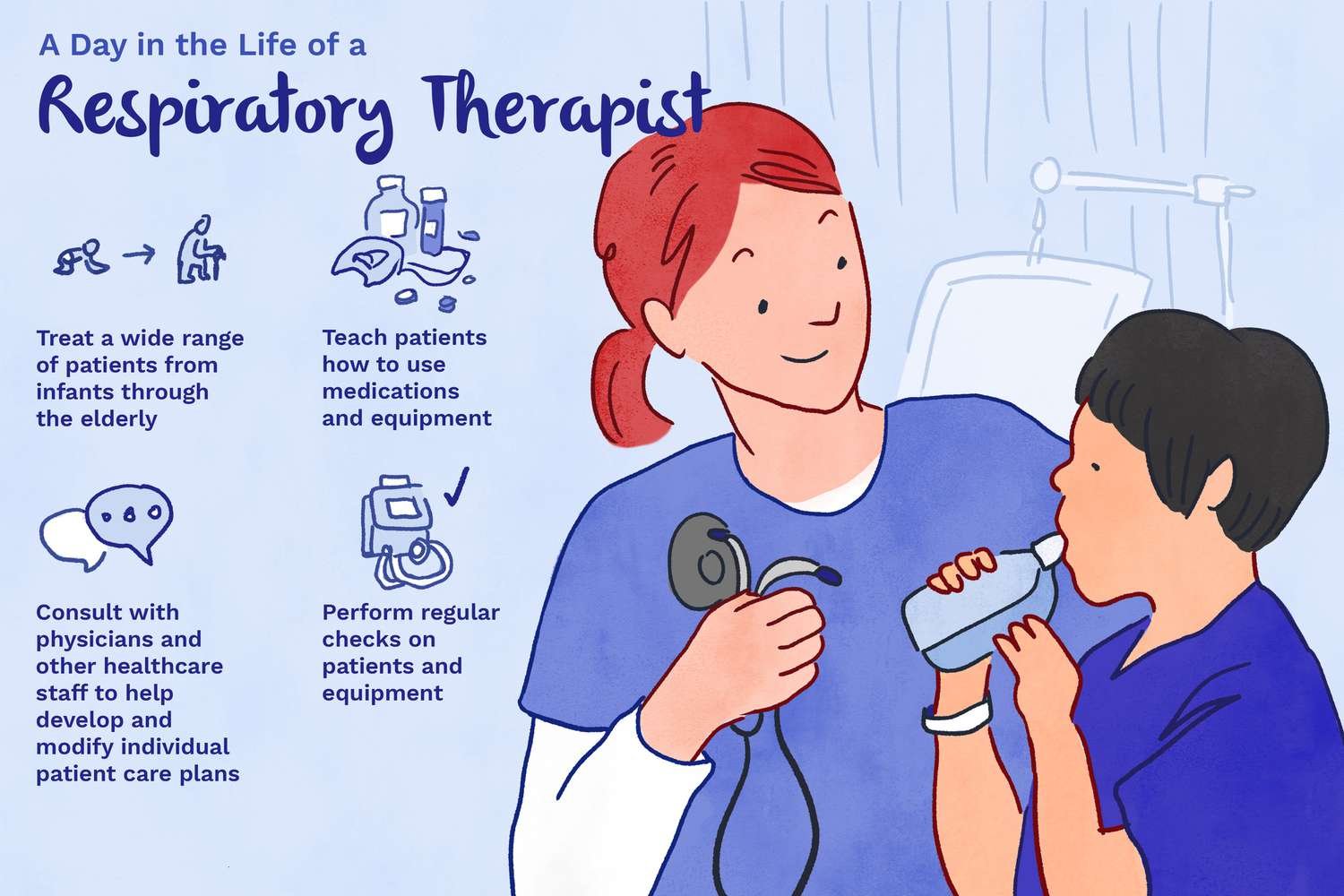
Regular Review Frequency Guidelines
Monthly review for unstable conditions
For individuals with unstable respiratory conditions, monthly medication plan reviews are typically recommended. This frequent review allows for close monitoring of symptoms and medication effectiveness, ensuring that any necessary adjustments are made promptly to maintain optimal control of your respiratory condition.
Every three months for stable conditions
For individuals with stable respiratory conditions, medication plan reviews every three months are generally sufficient. These reviews offer an opportunity to assess ongoing treatment effectiveness, address any concerns or questions that may have arisen, and make any necessary refinements to your treatment plan if needed.
Every six months for long-term maintenance
For individuals with long-term respiratory conditions that are well-managed and stable, medication plan reviews every six months may be appropriate. These reviews serve as routine check-ins to ensure that your treatment continues to be effective and to make any necessary adjustments to your plan as your condition evolves.
Recognizing the Need for More Frequent Reviews
Worsening symptoms
If you experience worsening symptoms, such as increased shortness of breath, persistent coughing, or decreased exercise tolerance, it is important to recognize the need for more frequent medication plan reviews. These worsening symptoms may indicate a need for adjustments in your treatment plan to better manage your respiratory condition.
Emerging side effects
If you notice any new or concerning side effects related to your medication, it is crucial to seek a more frequent review with your respiratory therapist. Emerging side effects can impact your overall well-being and may require adjustments in your treatment plan to mitigate any adverse effects.
Changes in lifestyle or living conditions
Changes in your lifestyle or living conditions may also necessitate more frequent medication plan reviews. If you have experienced significant changes such as starting a new job, moving to a different environment, or undergoing lifestyle modifications, it is important to discuss these changes with your respiratory therapist to ensure that your treatment plan remains appropriate and effective.
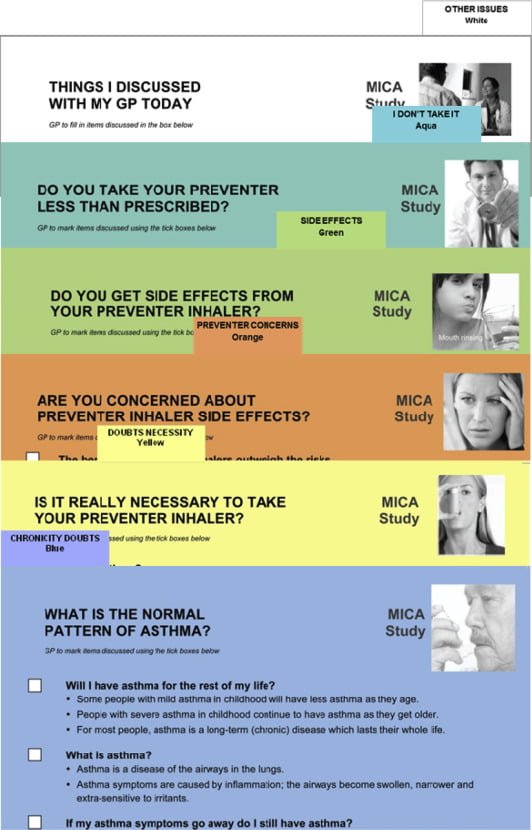
Adhering to Treatment Goals
Monitoring medication adherence
One of the primary objectives of medication plan reviews is to monitor your medication adherence. By regularly reviewing your plan with your respiratory therapist, they can assess your medication-taking habits and address any barriers or challenges you may be facing in adhering to your prescribed regimen. Adhering to your treatment goals is vital for optimizing the effectiveness of your medications and managing your respiratory condition effectively.
Evaluating treatment effectiveness
Medication plan reviews allow for the evaluation of treatment effectiveness. By monitoring your symptoms, lung function, and overall well-being, your therapist can gauge the effectiveness of your current treatment plan and make any necessary adjustments to ensure that you are receiving the most optimal care for your respiratory condition.
Adjusting the plan if necessary
If during a medication plan review, it is determined that adjustments are needed to optimize your treatment, your respiratory therapist will work with you to develop a revised plan. This can include modifying dosages, adding or discontinuing medications, or exploring alternative treatment options to better align with your individual needs and goals.
Considering Different Healthcare Settings
Outpatient clinic appointments
Medication plan reviews commonly take place during outpatient clinic appointments. These visits provide a dedicated time for you to discuss your treatment plan with your respiratory therapist, allowing for a thorough evaluation of your medication regimen and the opportunity to address any concerns or considerations related to your respiratory health.
Home healthcare visits
For individuals receiving home healthcare services, medication plan reviews can also occur during home visits by respiratory therapists. These visits provide the convenience of receiving care in the comfort of your own home, while still allowing for in-depth discussions and review of your treatment plan.
Hospitalization or emergency department
In some cases, medication plan reviews may occur during hospitalization or visits to the emergency department. These situations may arise if you experience a respiratory exacerbation or require more immediate medical attention. During these encounters, your respiratory therapist will assess your current medication plan and make any necessary adjustments to manage your immediate respiratory needs.
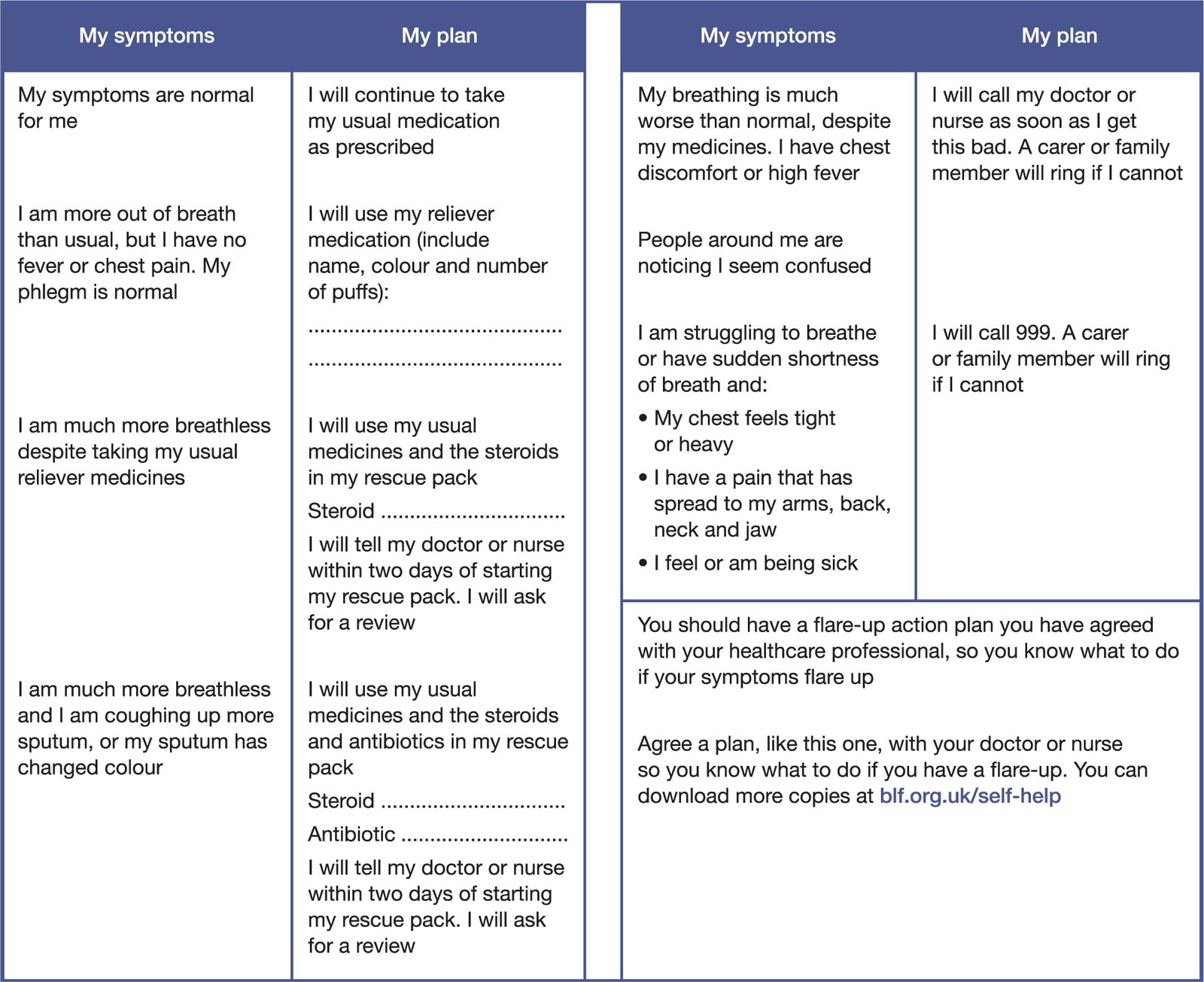
Communicating with the Respiratory Therapist
Maintaining open and honest communication
When discussing your medication plan with your respiratory therapist, it is important to maintain open and honest communication. This will allow for a better understanding of your needs, concerns, and challenges, ensuring that your treatment plan can be tailored to your specific circumstances.
Reporting changes in symptoms or conditions
Throughout the course of your treatment, it is crucial to report any changes in symptoms or conditions promptly to your respiratory therapist. By providing timely updates, your therapist can monitor your progress effectively and make any necessary adjustments to your medication plan.
Seeking clarification on medication instructions
If you have any questions or concerns regarding your medication instructions, it is essential to seek clarification from your respiratory therapist. They can provide you with the necessary information and guidance to ensure that you understand how to take your medications properly and safely.
Additional Resources for Medication Plan Review
Patient education materials
Patient education materials can be a valuable resource for medication plan review. These materials often provide additional information about medications, treatment options, and strategies for managing your respiratory condition. Your respiratory therapist can recommend specific resources that are relevant to your needs.
Online support groups
Online support groups can also offer valuable insights and support for medication plan review. Engaging with others who have similar respiratory conditions can provide you with a sense of community and the opportunity to learn from their experiences. Just ensure that any information or advice obtained from online sources is discussed with your respiratory therapist for appropriate interpretation and incorporation into your treatment plan.
Local respiratory therapy associations
Local respiratory therapy associations can provide information about medication plan reviews and connect you with resources in your area. These associations often offer educational events, support groups, and access to healthcare professionals who specialize in respiratory care. Consider reaching out to these associations to explore additional resources for medication plan review.
In conclusion, regular medication plan reviews with your respiratory therapist are essential for ensuring the effectiveness of your treatment, identifying potential side effects, and optimizing your overall respiratory care. The frequency of these reviews will depend on various factors such as the severity of your condition, stability of symptoms, and frequency of medication adjustments. By adhering to treatment goals, considering different healthcare settings, and maintaining open communication with your respiratory therapist, you can better manage your respiratory condition and improve your quality of life. Remember, you are not alone in this journey, and there are numerous resources available to support you along the way.









